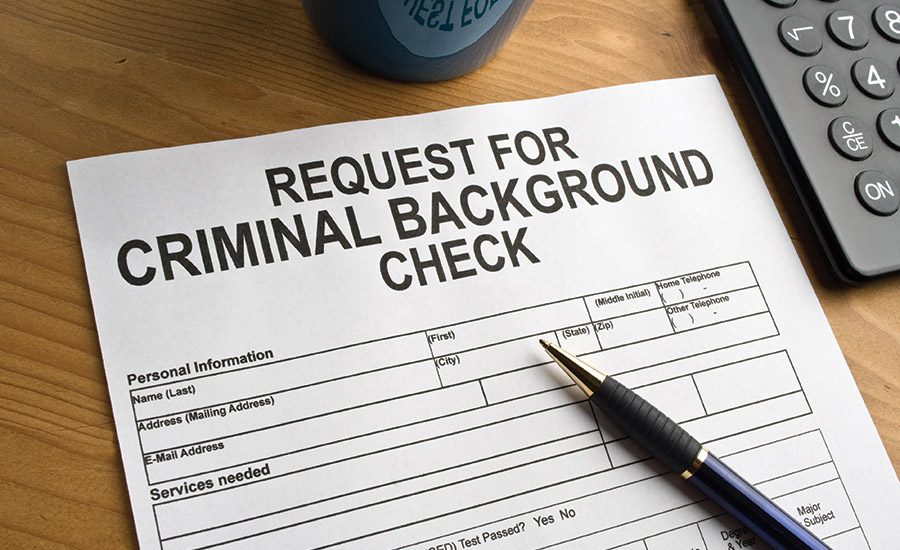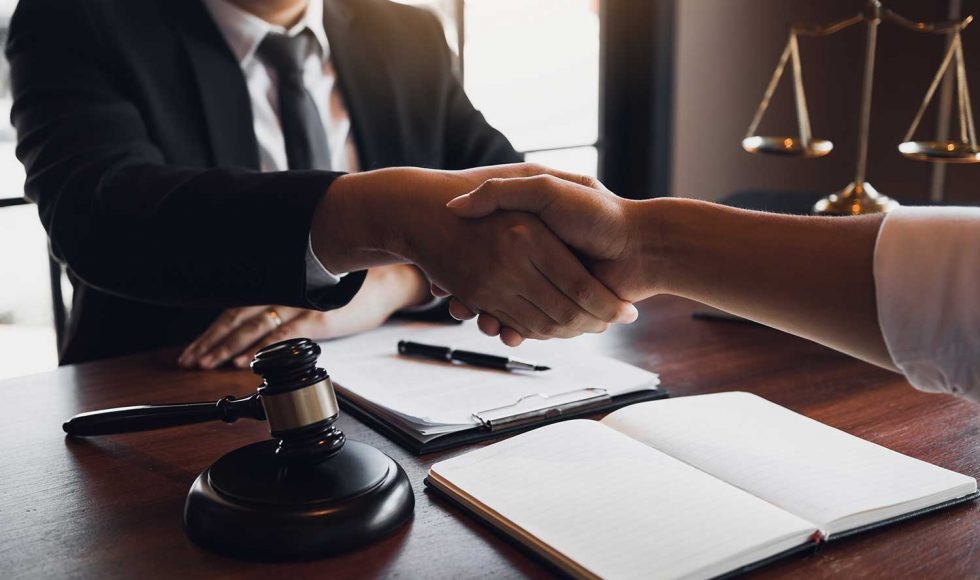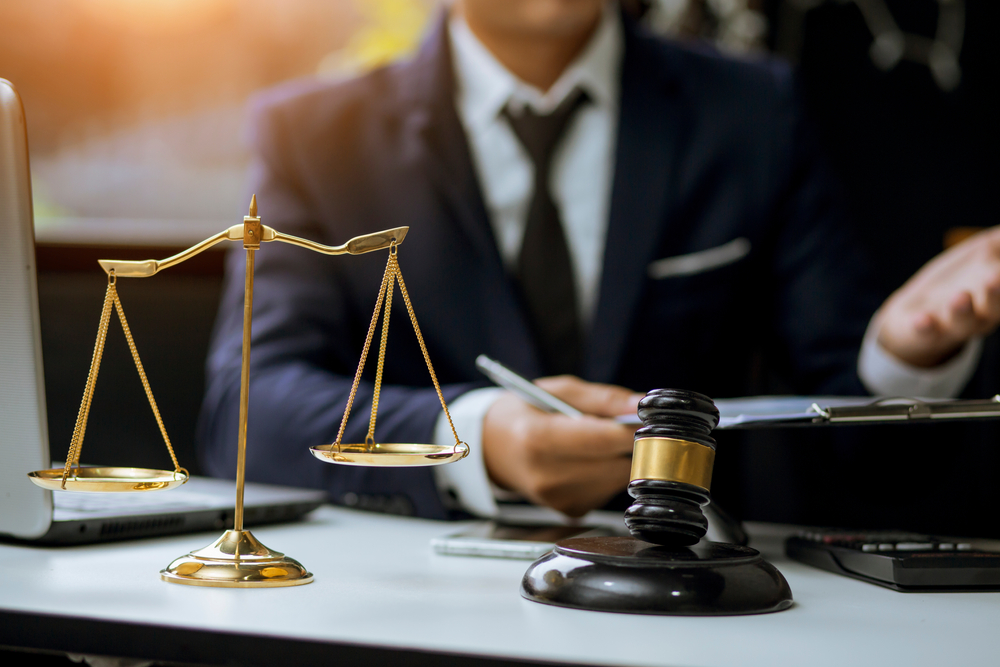This is a comprehensive resource for small firms conducting pre-employment criminal record checks. Who is in charge of performing it? What are the advantages and disadvantages of utilizing them? This article will teach you everything you need about criminal record checks, including information you didn’t realize you needed to know.
The type of movement, which often involves personnel crossing state and county lines, increases the difficulties of the recruitment process. Public criminal record resources like lookupinmate have become a lucrative in the industry in recent years and have been very helpful in searching for an inmate’s present and previous criminal records.
Who conducts employment record checks, and why is it necessary?
Criminal record checks can be advantageous for employers who want to feel safe about the potential employees they recruit. Some companies prefer to do criminal checks on a few selected candidates to pick one candidate above the others. Nearly every type of school staff and criminal law enforcement officer in the United States undergoes a criminal check. In addition to racetrack employees and driving instructors, these investigations encompass both groups.
Regarding this issue, the laws of each state are distinct. To be accepted for a position at one of the businesses or organizations listed below in North Carolina, for example, an applicant must submit to a criminal records check.
- Hospitals
- Safe havens for the elderly.
- Facilities specializing in mental health
- Home care services
- Facilities providing daycare
- Child placement services at the Centers for the Treatment of Substance Abuse
- Any organization that offers care for children, the sick, the disabled, or the elderly, whether for profit or not, is considered a charity.
What kinds of criminal checks are there?
Criminal checks and credit checks are often done before hiring someone. Driving records, schools attended, identification, and previous addresses are also checked. The searches include the sex offender registry, checking credentials, and checking references (terrorism watch list). There are times when drug tests and lie detector tests are allowed.
How do people do criminal record checks?
Credit rating agencies do most job of criminal checks. The FCRA and state and local laws keep an eye on these checks. No database is omniscient. Included are court, federal, financial, and credit information, among other things. To make reports, compliant data providers work with reputable groups.
How do the laws work with criminal record checks?
There are four steps to following the law.
- Before making an offer, there must be a screening process.
- You must get the candidate’s written permission and tell them who is doing the check and their FCRA rights. For the criminal check, the candidate must give information about themselves.
- After the candidate has given enough personal information, the report is made.
- Depending on the agency you choose, you will get a report that says “clear” (go ahead and hire) or “considers.”
Candidates’ rights during the investigation of their criminal records
They have the option to challenge the report, which will require your screening agents to conduct another investigation into the issue or issues that led to the adverse action. Validating an incorrect identification, contesting a conviction handed down by a county court, and explaining professional or educational credentials are some examples of what may fall under this category. Most government agencies will allow applicants two opportunities to appeal an unfavorable judgment.




